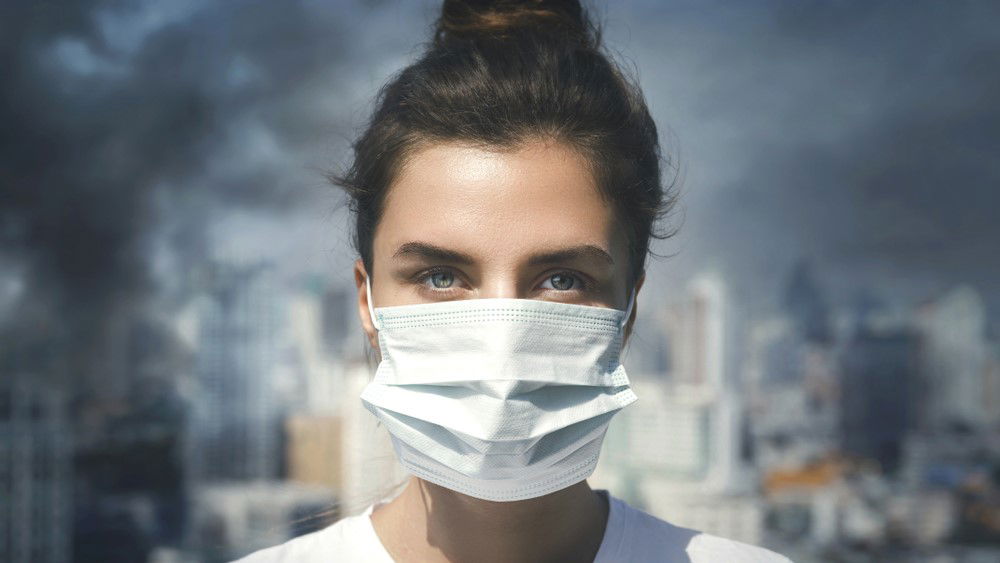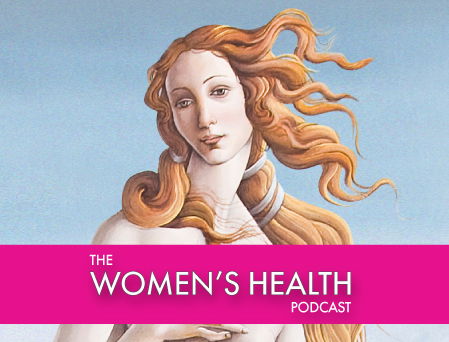Podcasts / Environmental toxicants: Impact on health and fertility, and how to reduce exposure – Your questions answered
Save


0.5 hours
These are activities that expand general practice knowledge, skills and attitudes, related to your scope of practice.
0.5 hours
These are activities that require reflection on feedback about your work.
0 hours
These are activities that use your work data to ensure quality results.
Educational Activities (EA)
These are activities that expand general practice knowledge, skills and attitudes, related to your scope of practice.
Reviewing Performance (RP)
These are activities that require reflection on feedback about your work.
Measuring Outcomes (MO)
These are activities that use your work data to ensure quality results.
The questions answered in this podcast are listed below.
They were compiled by GPs and health professionals around Australia.
Expert: A/Prof Mark Green, Reproductive Biologist
Host: Dr Rebecca Overton, GP and Medical Educator
Total time: 23 mins
Recommended resources:

Autism Spectrum Disorder – Managing Challenging Behaviours

Paediatric Allergic Rhinitis & Immunotherapy

Premature Ovarian Insufficiency – The New Guidelines

Alcohol Addiction Assessment and Advice

expert
Reproductive Biologist; University of Melbourne & Deputy Scientific Director Research

Browse the latest podcasts from Healthed.
You have completed the Educational Activities (EA) component of this activity.
Select ‘Confirm & claim CPD‘ to confirm you have engaged with this activity in its entirety and claim your CPD.
You will be taken to explore further CPD learning available to you.
